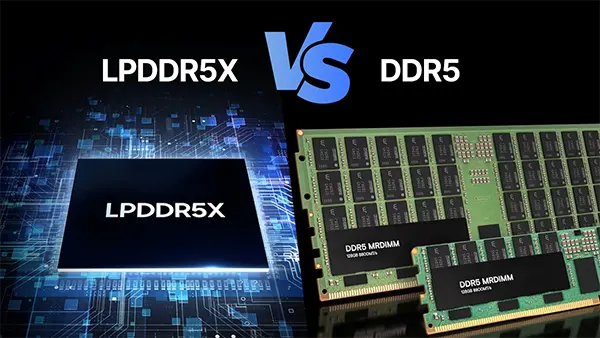
What is a Quantum Computer?
In the evolving landscape of technology, quantum computing holds the potential to revolutionize the way we handle data and solve complex problems. This article deciphers what quantum computers are, why we need them, and the progress of their creation.
Quantum computers leverage the principles of quantum mechanics to process information. Unlike classical computers that use bits (0 or 1), quantum computers use quantum bits, or qubits. The key characteristics of qubits are:
- Superposition: Qubits can be in a state of 0, 1, or both at the same time, increasing the computational power exponentially.
- Entanglement: Qubits can be interconnected such that the state of one qubit can directly influence another, no matter the distance.
Where Can a Quantum Computer be Applied?
Quantum computers can solve complex problems that classical computers struggle with. Some potential applications include:
- Cryptography: Quantum computers can crack encryption codes that protect sensitive information in seconds.
- Drug Discovery: They can model complex molecular interactions, accelerating the discovery of new drugs.
- Climate Modeling: Quantum computers can process massive datasets to predict and model climate change scenarios.
- Financial Modeling: They can optimize trading strategies and manage risk by processing vast amounts of financial data.
- A new level of entertainment: thanks to quantum computing, 69games casino are starting to move into a virtual reality mode.

What is the Progress of Creation?
Quantum computing is still in its nascent stage but has seen significant advancements:
- 1994: Peter Shor formulated Shor’s algorithm for quantum computers to factorize large numbers efficiently.
- 2019: Google’s Sycamore quantum processor demonstrated “quantum supremacy” by performing a task 1.5 billion times faster than the world’s best supercomputers.
- 2020-2023: IBM, Google, and other tech giants have been enhancing quantum volume, improving error rates, and progressing towards useful quantum advantage.
Why Do We Need a Quantum Computer in the Future?
The immense computational power of quantum computers offers several advantages:
- Solving Intractable Problems: Problems considered unsolvable or would take billions of years for classical computers can be solved.
- Speed: Quantum computers can process complex computations and vast amounts of data much faster.
- Innovation: They can accelerate advancements in various fields, from medicine to artificial intelligence.
Conclusion
Quantum computers, while still under development, promise a future of unprecedented computational power and speed. As we continue to explore this fascinating technology, it’s clear that the quantum age could be closer than we think.




